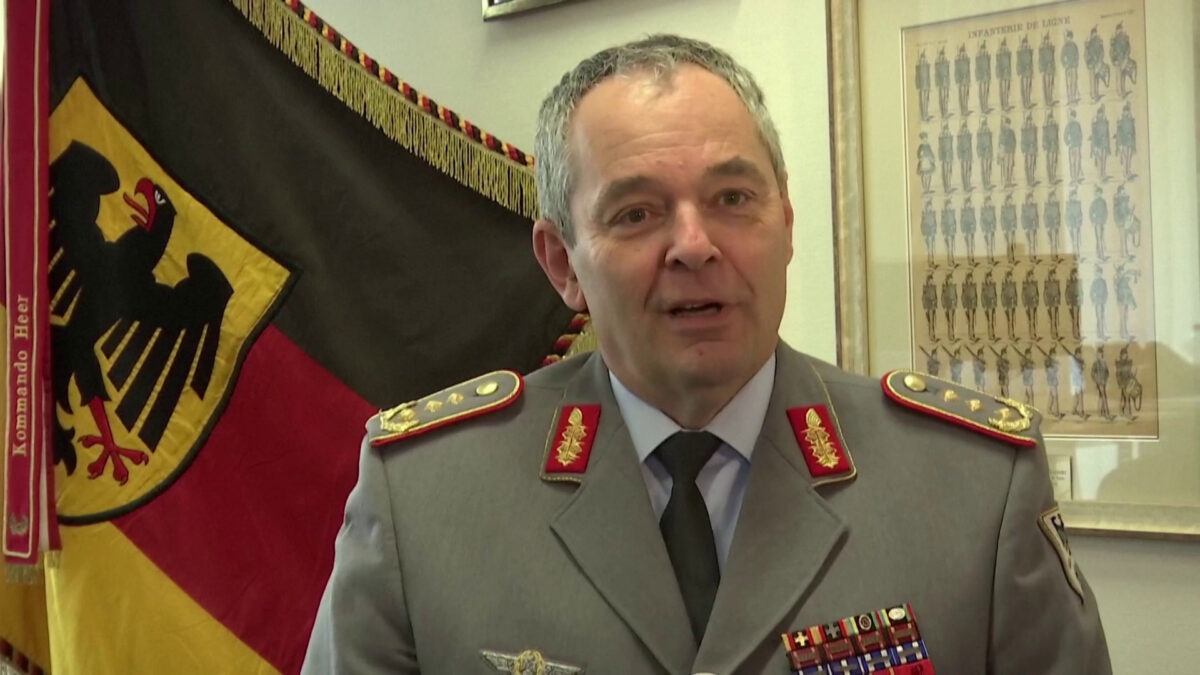Germany will deploy troops to Australia for joint drills with around 30,000 service members from 12 other nations, marking the first such mission and highlighting Berlin’s increased emphasis on the Indo-Pacific region amidst growing tensions with China.
“Given the economic interdependencies, the Indo-Pacific region holds significant importance for Germany and the European Union,” stated Army Chief Alfons Mais in an interview with Reuters on Monday, just hours before the initial German troops were set to depart for Australia.
In recent years, Germany has displayed a stronger military presence in the Indo-Pacific region, carefully navigating the balance between its security and economic interests, given China’s status as Berlin’s most crucial trading partner. In 2021, a German warship sailed into the South China Sea for the first time in nearly two decades, and last year, Berlin sent 13 military aircraft to joint exercises in Australia, marking the air force’s largest peacetime deployment.
Mais revealed that up to 240 German soldiers, including 170 paratroopers and 40 marines, will participate in the Talisman Sabre exercise from July 22 to August 4. The drill is the largest joint military exercise between Australia and the U.S., held bi-annually. During the exercise, German troops will receive training in jungle warfare and landing operations alongside soldiers from countries such as Indonesia, Japan, South Korea, France, and Britain.
When asked about the message Germany’s first troop deployment to Australia conveys to China, Mais emphasized that Berlin’s intention was not to antagonize any party. He stated, “It generally makes sense to understand the perspectives others have on the world,” highlighting the lieutenant general’s view that current security challenges are more complex than those before 1990.
Mais is scheduled to visit the German troops in Australia as well as a Rheinmetall plant where Boxer armored transport vehicles are being assembled for both armies in mid-July. He will then travel to Japan and Singapore, expressing enthusiasm for the potential deepening of bilateral military cooperation with Japan. As for Talisman Sabre, German troops have already been assigned orders to return to Australia for the next exercise in 2025.
China claims nearly the entire South China Sea as its own, despite an international tribunal ruling that Beijing lacks a legal basis for these claims. China has constructed military outposts on artificial islands in the region, which are rich in gas fields and fishing resources. Approximately 40% of Europe’s foreign trade passes through the South China Sea.





